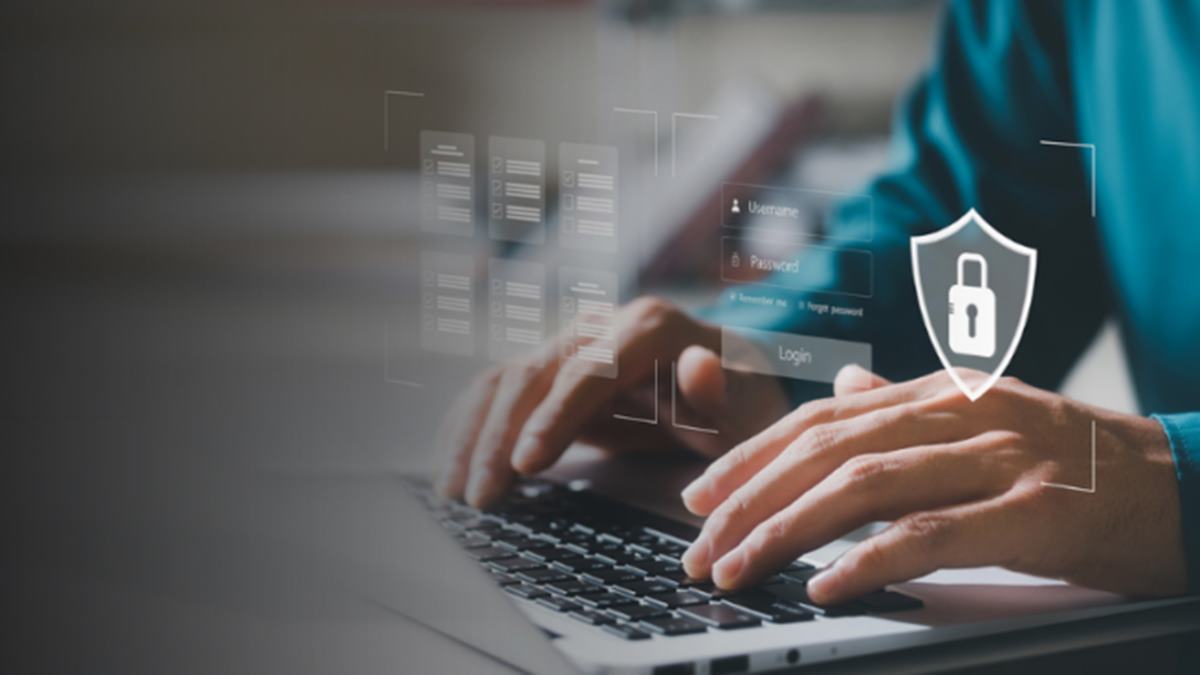In an era of unprecedented corporate scale and complexity, the solitary act of a whistleblower has become one of the most powerful mechanisms for upholding public interest. From exposing corporate fraud to revealing threats to public health, a well-placed disclosure can prevent catastrophe and hold powerful entities accountable. Yet, while the need for such vigilance is universal, the legal frameworks designed to protect those who speak up are a fragmented and uneven global patchwork. The courage to blow the whistle is a constant, but the risks and protections afforded to that act differ dramatically by jurisdiction. This article provides a comparative analysis of whistleblower protection regimes across key regions: India, the European Union, China, ASEAN, and OECD countries, highlighting the stark contrasts in legal safeguards, enforcement, and the very philosophy underpinning disclosure.
India: A Corporate Mandate with a Legal Gap
India’s approach to whistleblowing is characterized by a significant gap between corporate policy and statutory protection. The Companies Act, 2013, mandates that all listed companies must establish a “vigil mechanism” for employees and directors to report concerns about unethical behavior, fraud, or mismanagement. This mechanism, often in the form of a board-level audit committee, requires companies to adopt formal policies to safeguard employees who use the system. On the surface, this is a proactive step, embedding a framework for internal reporting directly into corporate governance.
However, as highlighted by the Institute of Company Secretaries of India (ICSI) and the Press Information Bureau, this corporate mandate exists in a state of legal limbo. While the Whistleblowers Protection Act, 2014, was passed at the national level, it has still not been fully brought into force. This leaves a critical gap in statutory protection. A company’s vigilance mechanism is only as strong as its corporate will; without the external, independent recourse of a fully enacted law, an employee who faces retaliation after reporting wrongdoing may find their legal options limited. The law’s current state is a paradox: it encourages internal disclosure but fails to provide robust, binding statutory protection, leaving the whistleblower vulnerable to a company that may choose to prioritize its reputation over the truth.
The EU’s Proactive Leap: A Directive for Change
In sharp contrast to India’s stalled legislation, the European Union has taken a decisive, cross-border step to strengthen whistleblower protections. Motivated by high-profile cases such as LuxLeaks, which revealed massive tax avoidance schemes, the European Parliament adopted the Whistleblower Protection Directive (2019). This directive is a landmark piece of legislation that moves beyond fragmented national laws to create a harmonized, comprehensive standard across all member states.
The directive mandates that all public and private organizations with 50 or more employees must establish safe, secure internal reporting channels. It also requires member states to create external reporting channels with competent authorities, giving whistleblowers a choice if they believe internal reporting is unsafe or ineffective. Crucially, the directive establishes a powerful set of anti-retaliation rules, protecting whistleblowers from dismissal, demotion, harassment, and other forms of professional reprisal. It also guarantees strict confidentiality and, in many cases, provides a reversal of the burden of proof, requiring employers to demonstrate that any negative action was unrelated to the whistleblower’s disclosure. This top-down, proactive legislative approach represents a significant leap forward, signaling that the EU has committed to institutionalizing transparency and accountability.
China: Reprimand, Suppression, and Vindication
The landscape for whistleblowers in China presents a fundamental contrast, where the absence of a robust, independent statutory framework is a defining characteristic. Corporate whistleblowers lack comprehensive legal protection, and their fate is often subject to the whims of official sanction and public opinion. Disclosures are not seen as a public good to be encouraged, but rather as unsanctioned, and potentially destabilizing, acts that challenge official control.
The story of Dr. Li Wenliang, an ophthalmologist who first tried to warn colleagues about a new virus, serves as a powerful and tragic case study. As chronicled by sources like The Guardian, Dr. Li was initially reprimanded by police for “spreading false rumors.” His disclosures were suppressed, and he was forced to sign a statement confessing to his “misdemeanor.” It was only after his death, and the global spread of the virus, that he was publicly and posthumously vindicated. This narrative is common for public-interest whistleblowers in China: initial suppression and punishment, followed by potential vindication if a disclosure becomes too big or too important to ignore. This model illustrates the immense risk a whistleblower takes, where their safety and legal standing are secondary to the state’s sensitivity to unsanctioned disclosures.
The ASEAN Landscape Presents a Fragmented Reality
Across the ASEAN region, the state of whistleblower protection is highly uneven and largely fragmented. A few jurisdictions, such as Singapore and the Philippines, have specific statutes or sector-specific rules, but many member states lack a dedicated legal framework. Research from the UNODC and ResearchGate documents significant gaps in both legal coverage and enforcement, with many countries relying on weak, scattered, or non-existent regimes.
This fragmentation means that the protections a whistleblower can expect vary wildly from country to country. In many cases, the decision to blow the whistle is a gamble, where the absence of a strong legal safety net can leave an individual entirely exposed to corporate and personal ruin. The lack of a harmonized regional standard means that the principles of accountability and transparency are inconsistently applied, undermining efforts to combat corruption and improve governance.
The US Example: OECD and the Model of Monetary Incentives
Among high-income countries, the approach to whistleblower protection is generally more comprehensive and mature, guided by international instruments from the OECD. These guidelines promote robust legal schemes that combine protection with proactive regulatory engagement. The U.S. model, particularly the Securities and Exchange Commission (SEC) Whistleblower Program, stands out as a unique and powerful case.
The SEC program pairs legal protection from retaliation with a powerful monetary incentive. If a whistleblower’s information leads to an enforcement action resulting in more than $1 million in sanctions, the individual is eligible to receive a financial award of 10 to 30 percent of the money collected. This model has produced very large awards, sometimes tens or even hundreds of millions of dollars, that serve as a strong incentive for individuals to report major corporate misconduct. This synergistic approach, which combines legal protection with a financial reward, has created an active and effective system for uncovering fraud and holding companies accountable.
The Labyrinth of Enforcement or How Complaints are Handled
A law is only as strong as its enforcement, and in this regard, the global variations are once again stark.
- In the EU, the directive’s passage was a direct response to public scandals. While the framework is new, it has been driven by a demand for greater accountability, and enforcement is expected to improve as member states implement the rules.
- In India, while corporate disclosure rules mandate internal policies, the follow-up from state regulators and courts is often inconsistent. This creates a reliance on internal company mechanisms that may or may not be effective.
- In China, sensitive disclosures are often actively suppressed, and the state’s reaction can be more about maintaining social control than investigating the alleged wrongdoing.
- In ASEAN, responses depend heavily on the capacity and political will of individual countries. In regimes with stronger rule of law, whistleblowing may be taken more seriously; in others, it may be dismissed or punished.
- In OECD countries with active regulators like the U.S. SEC, major cases are routinely pursued. The existence of a dedicated, well-funded enforcement body that actively investigates and rewards whistleblowers ensures that complaints are taken seriously and acted upon.
Should You Blow the Whistle? A Prudent Guide for the Courageous
Given this complex global landscape, the decision to blow the whistle is fraught with risk and requires careful planning. If you suspect serious wrongdoing, the following steps are crucial, but their effectiveness depends entirely on your jurisdiction.
First, document evidence meticulously and securely. Second, use prescribed internal channels first, but only if it is safe and you have confidence the organization will act ethically. Third, if internal channels are inadequate or risky, consider protected external channels such as industry-specific regulators or a national ombudsman. Fourth, preserve anonymity where possible, as many legal frameworks allow for anonymous or pseudonymous reporting. Finally, and most critically, seek legal advice from a qualified professional who specializes in whistleblower law. The protections and risks: from retaliation and legal exposure to financial rewards, differ sharply by jurisdiction, and what is a safe act in one country could be a career-ending move in another. The act of whistleblowing may be an act of conscience, but its execution must be an act of strategy.

















